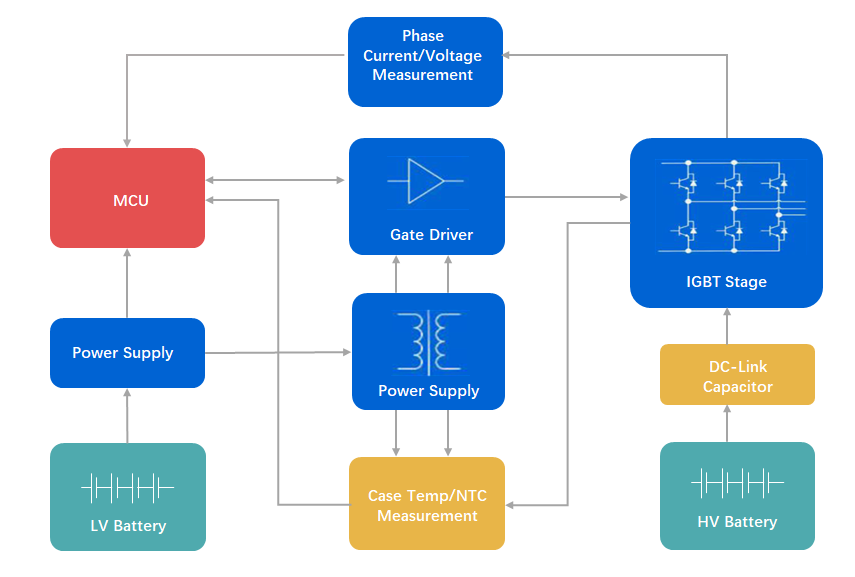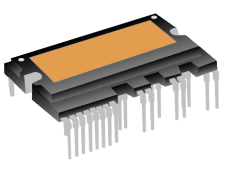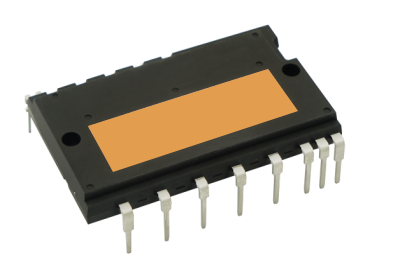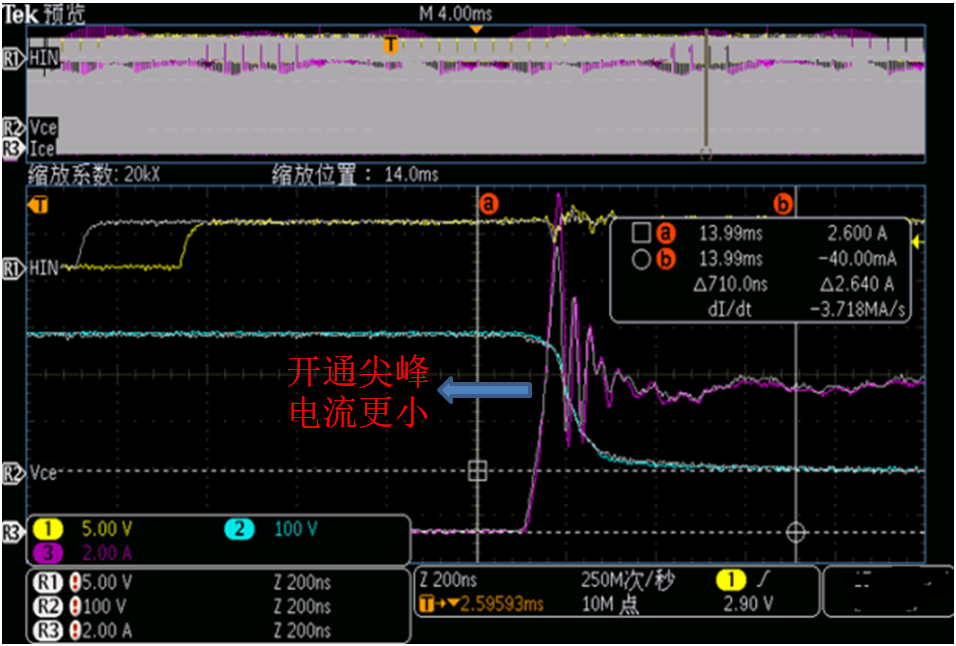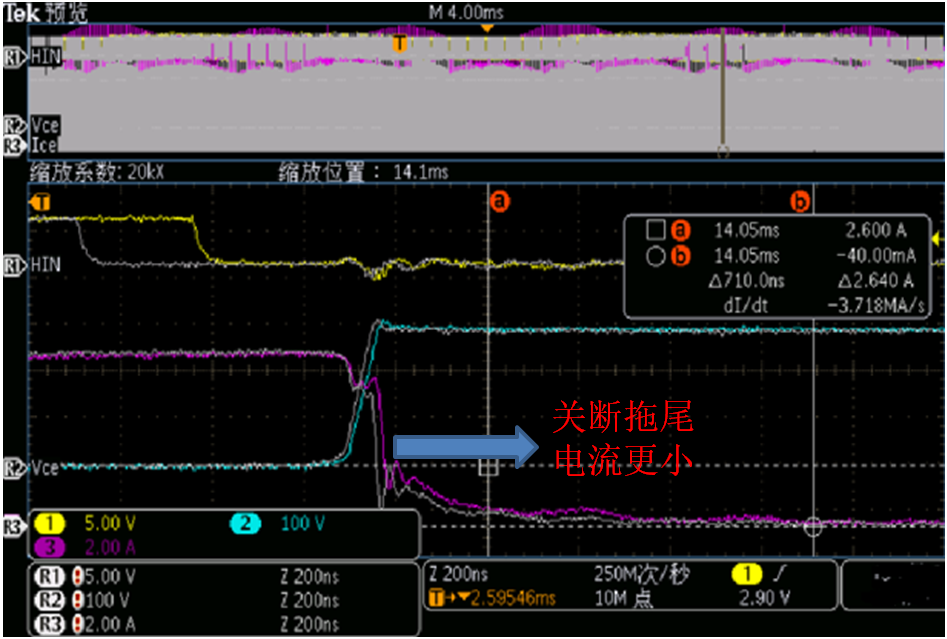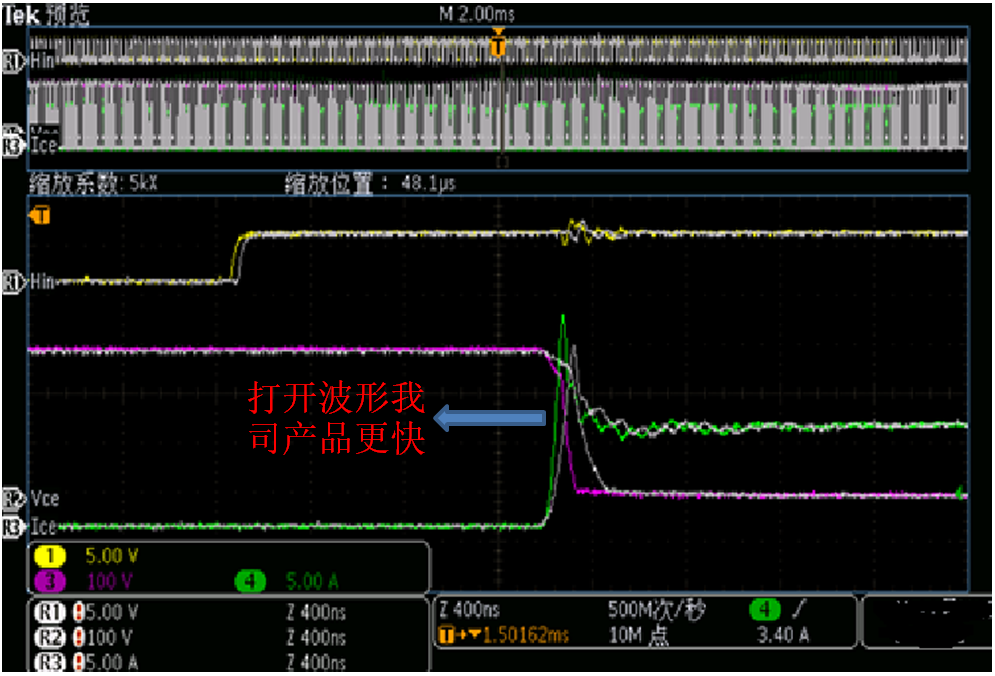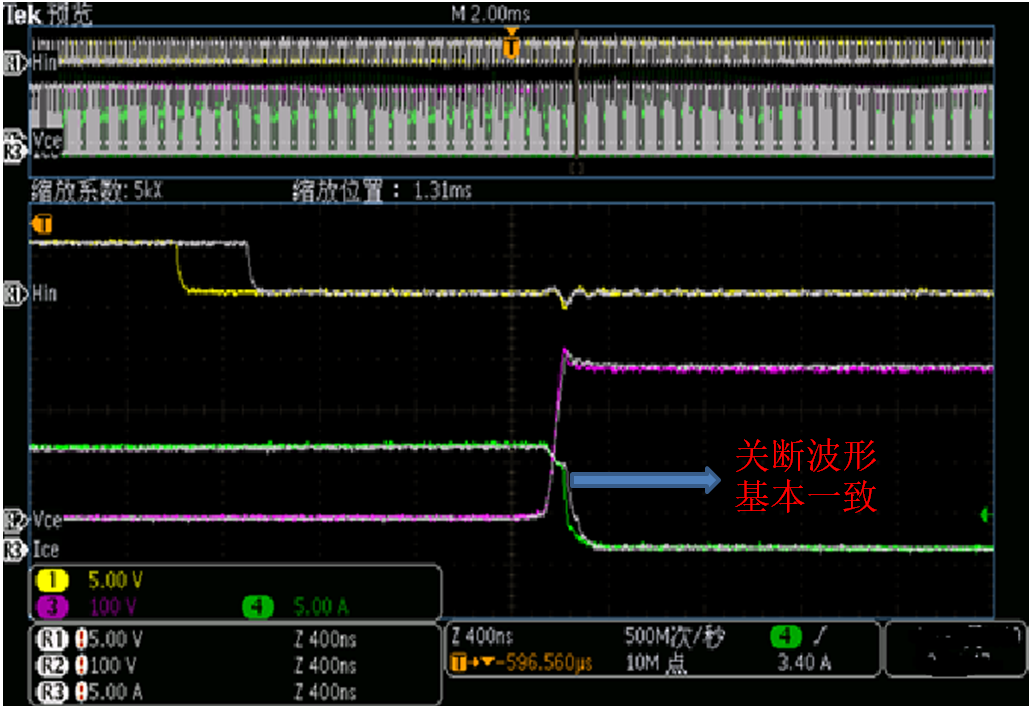
Applications
AC-DC SMPS
DC-DC Power Inverter
LCD Driver
Charger
Multi-function Remote Control
High-voltage H-bridge PWM Driver
Personal Medicine Equipment
Password Lock
Flat Panel Monitor
Adaptor
Wrist Strap
Mobile Phone Accessories
Microprocessors Protection
Regulator Circuit
Mobile Power Supply
Audio Equipment
Self-learning Remote Control
Mobile Phone
Somatosensory Remote Control
Navigator
Remote Control
Air Conditioning Controller
Motor Control
Power Management
Smart Meters
Panel Display
Wireless Node
HID
Office Automation
The Internet of Things Module
Electronic Cigarette
PC
small serve motor control













